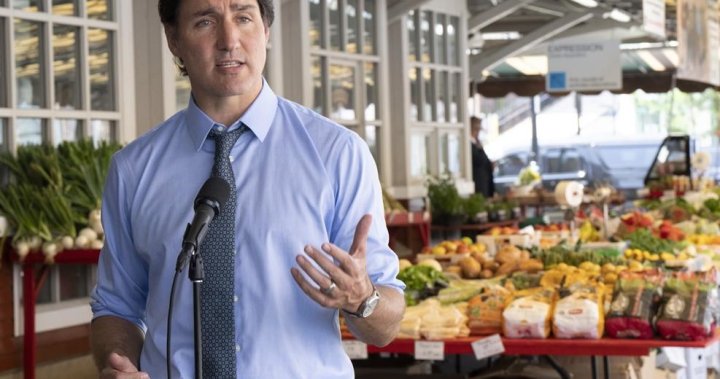
Liberal and Conservative parties make progress toward public inquiry agreements
Global News
The Liberal and Conservative party say they have reached agreements following a meeting Friday regarding a public inquiry into foreign interference in Canada.
The Liberal Party says they had a “productive” meeting with the opposition party Friday regarding what a public inquiry into foreign interference in Canada could look like.
A spokesperson from the Opposition Leader’s office, Sebastian Skamski, says the parties reached an agreement on the terms of reference for a public inquiry, and all parties shared their suggested names for a potential commissioner.
Kelly Ouimet, director of communications for Intergovernmental Affairs Minister Dominic LeBlanc, said more details need to be “worked out” and will be announced in time.
“Work continues and we hope to continue to make progress expeditiously next week,” she said in an email to Global News Sunday.
Ouimet did not specify what details into a public inquiry will need to be worked out, or what the next steps are moving forward.
“Conservatives will continue to hold the Liberals’ feet to the fire and push for a Public Inquiry to be called as soon as possible,” Skamski said in an email to Global News.
Opposition parties have been pushing for an inquiry for months amid repeated allegations that the Chinese government attempted to interfere in the last two federal elections. Initially, Trudeau’s response was to appoint former governor general David Johnston as a “special rapporteur” to review documents, interview some of the people involved and decide by the end of May if an inquiry was warranted.
Johnston’s initial report said an inquiry was not the right choice, largely because so much of the material involved classified evidence that cannot be made public. But the opposition parties skewered that decision and accused Johnston of being too affiliated with Trudeau.

A new report from the Angus Reid Institute shows that Saskatchewan residents are struggling financially or feel they’re in uncomfortable positions. Experts say it’s due to the high cost of living and stagnant wages. Katherine Ludwig breaks down the report and talks with experts about the reasons behind the struggle.










